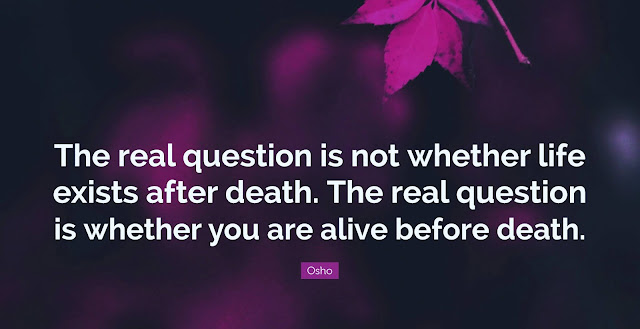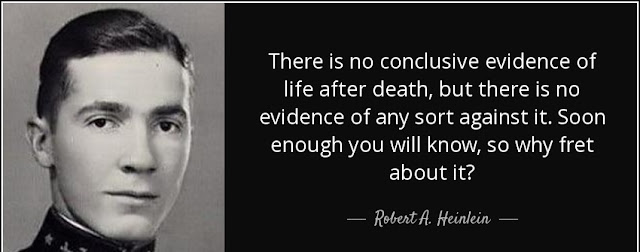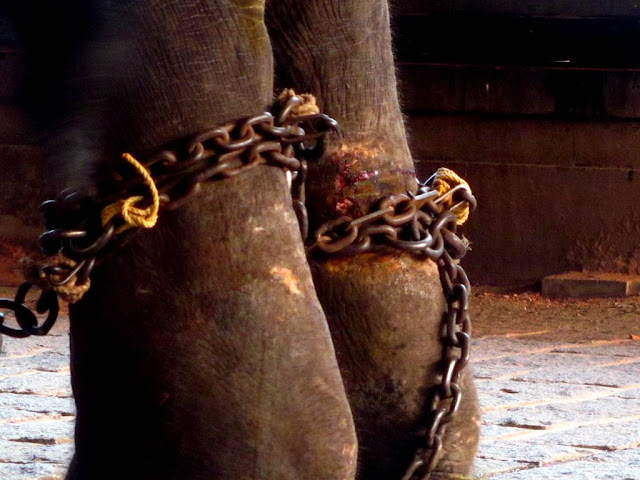HAPPINESS has been defined by an
authority as the enjoyable emotion arising from the gratification of all
desires. The enjoyment of pleasure without pain. Another has said that happiness
is the state in which all desires are satisfied. But these definitions have
been attacked. It is held by many that a state of the absolute satisfaction of
desire would not be happiness, for happiness consists largely in pleasurable
anticipation and imaginings which disappear upon the realization of the desire.
It is held that complete
satisfaction would be a negative state. Paley expressed a better idea when he
said that any condition may be denominated 'happy' in which the amount or collective
of pleasure exceeds that of pain, and the degree of happiness depends upon the
quantity of this excess.
Some have held that an existing
contrast between pain and pleasure (the balance being in favor of the latter)
is necessary to establish happiness. Be this as it may, it is admitted by that
entire one's happiness or unhappiness depends entirely upon one's emotional
nature and the degree of the satisfaction thereof.
And it is generally admitted that to
be happy is the great aim and object of the life of the majority of persons, if,
indeed, not of every person, the happiness, of course, depending upon
the quality and degree of the emotions forming the person's emotional nature.
Thus it is seen that we are dependent upon the emotional side of our mental
life in this as in nearly everything else making life worthwhile.
Theologians have often sought to
point out that happiness is not the goal of life and living, but human nature
has always insisted that happiness is the greatest end, and philosophy has
generally supported it. But wisdom shows that happiness is not always dependent
upon the pleasure of the moment, for the sacrifice of immediate pleasure
frequently results in a much greater happiness in the future. In the same way
an immediate disagreeable task often gains for us a greater satisfaction in the
future.
Likewise, it is normally greater
happiness to give up a personal pleasure for the happiness of others. Then it
would be to enjoy the pleasure of the moment at the expense of the pain of the
other. There is often a far greater pleasure resulting from an altruistic
action of self-sacrifice than in the performance of the selfish, egoistic act.
But, as the subtle reasoned may
insist, the result is the same the ultimate happiness and satisfaction of the
self. This conclusion does not rob the altruistic act of its virtue,
however, for the person who finds his greatest pleasure in giving pleasure to
others is to be congratulated as is the community which shelters him.
There is no virtue in pain,
suffering, sacrifice, or unhappiness for its own sake.
This illusion of asceticism is vanishing from the human mind. Sacrifice on the
part of the individual is valuable and valid only when it results in higher
present or future happiness for the individual or someone else. There is no
virtue in pain, physical or mental, except as a step to a greater good for us
or others. Pain at the best is merely nature's alarm and warning of "not
this way." It is also held that pain serves to bring out pleasure by
contrast, and is therefore valuable in this way.
Be this as it may,
no normal individual deliberately seeks ultimate pain in preference to ultimate
happiness; the greatest ultimate happiness to one's self and to those he loves
is the normal and natural goal of the normal person. But the concept of
"those he loves," in many cases, includes the race as well as the
immediate family.
Wisdom shows the
individual that the greatest happiness comes to him who controls and restrains
many of his feelings. Dissipation results in pain and unhappiness ultimately.
The doctrine of thoughtless indulgence is un-philosophical and is contradicted
by the experience of the race. Moreover, insight shows that the highest
happiness comes not from the extravagance of the physical feelings alone, or to
excess, but rather from the cultivation, development, and manifestation of the
higher feelings the social, esthetics, and intellectual emotions.
The higher
pleasures of life, literature, art, music, science, invention, constructive
imagination, etc., yield a satisfaction and happiness keener and more enduring
than can possibly the lower forms of feeling. But the human being must not
despise any part of his emotional being. Everything has its uses, which are
good; and its abuses, which are bad. Every part of one's being, mental and
physical, is well to use; but no part is well used if it uses the individual
instead of being itself used.
A writer has held
that the end and aim of life should not be the pursuit of happiness, but rather
the building of character. The clear answer is that the two are identical in
spirit, for to the man who appreciates the value of character, its attainment
is the greatest happiness; the wise teach that the greatest happiness comes to
him who is possessed of a well-rounded, developed character. Another writer has
said that "the aim of life should be self-improvement, with a due regard
to the interest of others."
This is but saying that the
greatest happiness to the wise man lies in this course. Anyone who is wise enough
or great enough, to make these ends the aim and goal of life will find the
greatest happiness there from. Arnold Bennett advances as a good working
philosophy of life: Cheerfulness, kindliness, and rectitude. Can anyone doubt
that this course would bring great ultimate happiness?
Happiness consists in that
which contents the spirit, and the latter depends completely upon the character
of the feelings and emotions entertained by one, as weighed in the balance of
reason, and as passed upon by judgment and the sense of right action. The
greatest degree of happiness, or at least the greatest ratio of pleasure over
pain, is obtained by a careful and intelligent cultivation of the feeling side
of one's being in connection with the cultivation of the intellect and the
mastery of the will.
To be able to bring the
capacity for enjoyment to its highest; to be able to intelligently choose that
which will bring the greatest ultimate happiness in accordance with right
action; and, finally, to be able to use the will in the direction of holding fast
to that which is good and rejecting that which is bad this is the power of
creating happiness. The feelings, the intellect, and the will here, as ever combine
to manifest the result.
Finally, it must be remembered
that all human happiness consists in part of the ability to bear pain to
suffer. There must be the dash of Stoicism in the wise Epicurean. One must
learn to pluck from pain, suffering, and unhappiness the secret drop of honey
which lies at its heart, and which consists in the knowledge of the meaning and
use of pain and the means whereby it may be transmuted into knowledge and
experience, from which later happiness may be distilled. To profit by pain, to
transmute suffering into joy, to transform present unhappiness into a future
greater happiness this is the privilege of the philosopher.
The mental states and
activities known as "desire" are a direct development of the feeling
and emotional phase of the mind and form the motive power of the will. Desire,
in fact, may be said to be composed of feeling on one side and will on the
other. But the influence of the intellect or reasoning faculties has a most
important part to play in the evolution of feeling into desire, and in the
consequent action of the will by the presentation and weighing of conflicting
desires.
Therefore, the logical place
for the consideration of the activities of the intellect is at this point between
emotion and will. Accordingly, we shall leave the subject of feeling and
emotion for the present, to be taken up again in connection with the subject of
desire, after we have considered the
intellectual processes of the mind. But, as has been indicated, we shall see
the presence and influence of the feelings and emotions even in the activities
of the intellect.
Source - CP
Source - CP







































